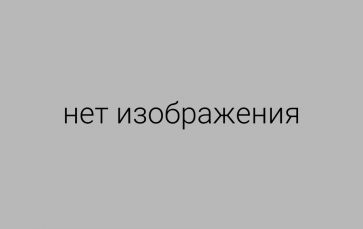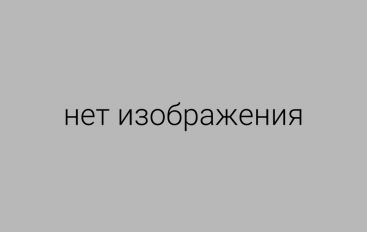17
A wiki is a web platform that enables multiple users to collaboratively create, edit, and arrange content through a browser.
Simplicity and openness are central to wikis: anyone can often add or change pages without technical knowledge, and edits are usually logged for review or rollback.
Common features
- **Collaborative editing:** Multiple people can edit the same pages, occasionally concurrently.
- **Edit history:** Every modification is recorded with a timestamp and the editor’s identity or IP address.
- **Interlinking:** Creating links among pages is straightforward, which helps interconnect content.
- **Lightweight markup:** Formatting is usually handled by lightweight markup languages (e.g., WikiText or Markdown).
- **Permission settings:** Wikis may allow public editing or restrict changes to registered or authorized users.
- **Discussion pages:** Talk or discussion pages let contributors debate edits and organization.
Common uses
- Crowd-sourced knowledge resources (e.g., Wikipedia)
- Project documentation and internal company knowledge repositories
- Group writing and collaborative note-taking
- Classroom and educational projects
Pros
- **Fast collaboration:** Multiple people can add and refine content quickly.
- **Openness:** Transparency through revision histories and discussions.
- **Expandable:** They scale organically as users add more pages and topics.
Drawbacks
- **Vandalism and false information:** Public editing can lead to vandalism or incorrect information.
- **Inconsistent quality:** Articles can differ greatly in depth, tone, and reliability.
- **Organizational issues:** Poor coordination or governance can cause content fragmentation and disputes.
Illustration
- **Wikipedia** — the largest example, maintained by the Wikimedia Foundation and contributed to by volunteers worldwide.


